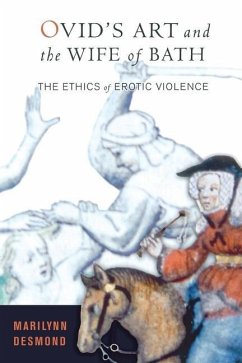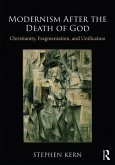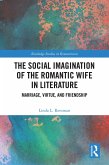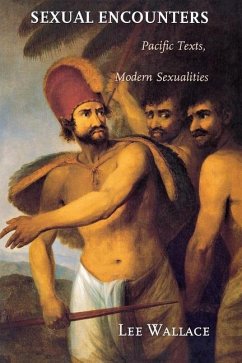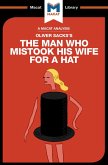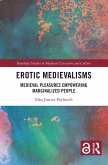Ovid's Art and the Wife of Bath examines how Ovid's Ars amatoria shaped the erotic discourses of the medieval West. The Ars amatoria circulated in medieval France and England as an authoritative treatise on desire; consequently, the sexualities of the medieval West are haunted by the imperial Roman constructions of desire that emerge from Ovid's text. The Ars amatoria ironically proposes the erotic potential of violence, and this aspect of the Ars proved to be enormously influential. Ovid's discourse on erotic violence provides a script for Heloise's epistolary expression of desire for Abelard. The Roman de la Rose extends the directives of the Ars with a rhetorical flourish and poetic excess that tests the limits of Ovidian irony. While Christine de Pizan critiqued the representations of erotic violence in the Rose, Chaucer appropriates the Ovidian discourse from the Roman de la Rose to construct the Wife of Bath-a female figure that today's readers find uncannily familiar.
Well written and provocative, this book will interest scholars of premodern literature, especially those who work on Medieval English and French, as well as classical, texts. Marilynn Desmond draws on feminist and queer theory, which places Ovid's Art and the Wife of Bath at the cutting edge of debates in gender and sexuality.
Well written and provocative, this book will interest scholars of premodern literature, especially those who work on Medieval English and French, as well as classical, texts. Marilynn Desmond draws on feminist and queer theory, which places Ovid's Art and the Wife of Bath at the cutting edge of debates in gender and sexuality.
Dieser Download kann aus rechtlichen Gründen nur mit Rechnungsadresse in A, D ausgeliefert werden.

